Adult Literacy Skills Are in Decline

Photo by Ron Lach on Pexels
Everything seems to be on a rapid change of pace. With technological advancement and the transition to net-zero on the horizon, adaptability is crucial. As it goes, we need strong foundational skills to survive. However, reality points to the contrary: the average literacy skills of adults across the globe are in decline.
Navigating the World
From climate change to ageing populations to AI and digitalization to the rise of ‘green jobs’, society is ever-changing. However, literacy, numeracy, and problem solving skills remain as foundational necessities to navigate the world.
For instance, more people than ever are using the internet and becoming familiar with the digital world. Literacy can be defined as the ability to “access, understand, evaluate and reflect on written texts”. Those skills influence the content people access, how they filter and process the information they receive, and their safety.
Moreover, good literacy skills, along with numeracy skills, may lead to better health and life satisfaction. They also help people, as citizens, connect to and engage in democracy, activism, and politics.
Literacy Skills in Decline
Concerningly, the OECD’s Survey of Adult Skills reveals literacy skills have been largely stagnant or in decline within the past decade. These results are based on surveys from 2011/2012 and 2022/2023 of about 160,000 adults aged 16–65 from 31 countries (mostly OECD members).
According to the 2023 survey, the global average of literacy proficiency is 260 points out of 500 points. Only 1.1% of adults could search for, analyze, and integrate information from multiple, lengthy dense texts with abstract and unfamiliar themes. Presumably, they could then synthesize ideas, arguments, and contrasting points of view. They should also be able to evaluate sources, not only on relevance but also reliability.
In contrast, 8.9% of adults could only deal with short texts, such as titles or paragraph headers. They could find one word- or number-based information from simple questions.
Besides Denmark and Finland, all other countries have stagnated or declining literacy skills. Korea, Lithuania, New Zealand, and Poland show the largest drops. Similar declines are echoed throughout different demographics, including young adults and adults with higher education.
Furthermore, skill gaps within countries reflect the increasing inequalities of the world today. Factors vary, including language barriers, education levels, parents’ education levels, existing education systems, and others. On the flip side, though, women now showcase higher literacy skills than men.
Lifelong Education
The rapidly changing world presents ever-evolving challenges for us all. Between rampant misinformation and disinformation, misuse of AI, digital political campaigns, and the vicious job markets, literacy skills are something we cannot abandon. As such, we need all hands on deck, with governments, businesses, civil societies, and academia working together to improve foundational skills worldwide.
To ensure global development that leaves no one behind, access to quality education and training must be lifelong, inclusive, and accessible for all. Online options and targeted courses can be some ways to bridge the gap. All in all, re-evaluating the approach to education and employment is crucial for creating strong governance that enables education for all.

If you find this content useful, please consider subscribing to Green Network Asia.
Your subscription will give you access to our interdisciplinary and cross-sectoral insights on sustainability-related issues and sustainable development across the Asia Pacific and beyond, strengthening your personal and professional development while supporting GNA’s financial capacity to continue publishing content dedicated to public education and multi-stakeholder advocacy.
Select Your Subscription Plan
Nazalea Kusuma
Naz is the Manager of International Digital Publications at Green Network Asia. She is an experienced and passionate writer, editor, proofreader, translator, and creative designer with over a decade of portfolio. Her history of living in multiple areas across Southeast Asia and studying Urban and Regional Planning exposed her to diverse peoples and cultures, enriching her perspectives and sharpening her intersectionality mindset in her storytelling and advocacy on sustainability-related issues and sustainable development.


 Developing Financing Initiatives for the ASEAN Power Grid
Developing Financing Initiatives for the ASEAN Power Grid 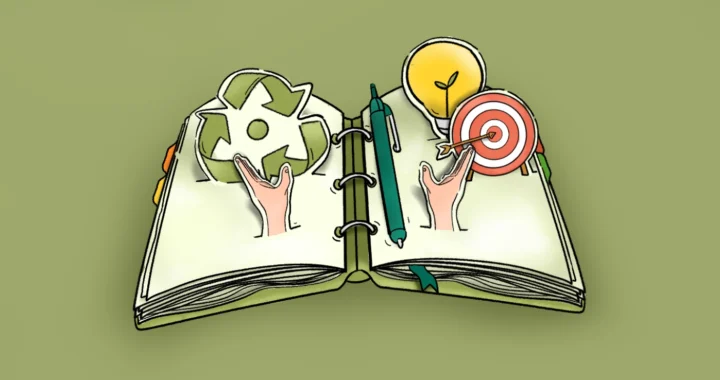 Imparting Actionable Knowledge Through Sustainability Training Activities
Imparting Actionable Knowledge Through Sustainability Training Activities 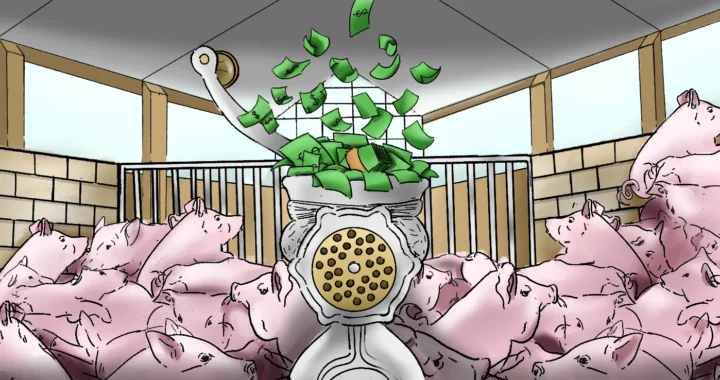 Stop Funding Factory Farming in Vietnam: Pathway to Financing a Just and Sustainable Food System
Stop Funding Factory Farming in Vietnam: Pathway to Financing a Just and Sustainable Food System 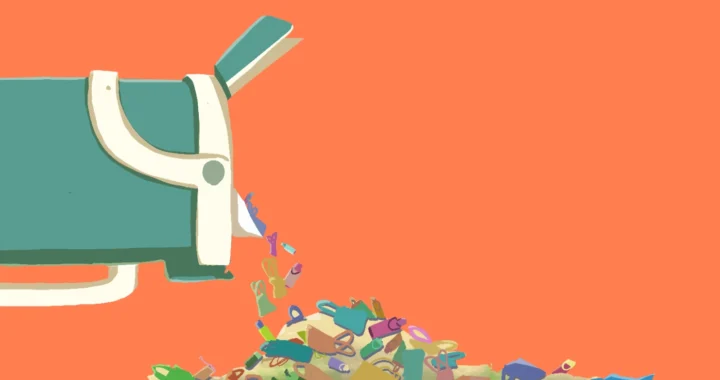 When Green Turns Excessive: The Overproduction and Overconsumption of Reusables
When Green Turns Excessive: The Overproduction and Overconsumption of Reusables 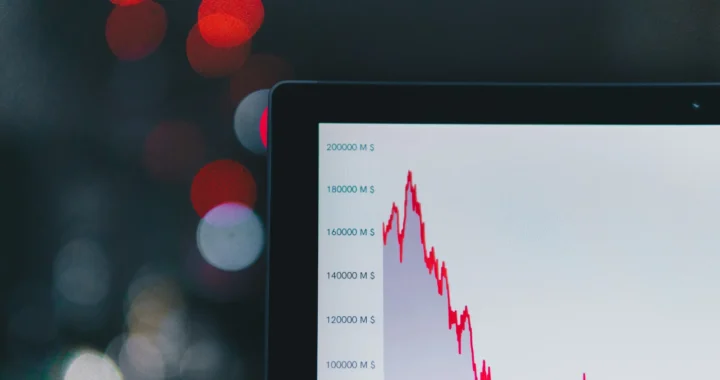 SDG Venture Scaler Aims to Drive Sustainable Investment in Southeast Asia
SDG Venture Scaler Aims to Drive Sustainable Investment in Southeast Asia 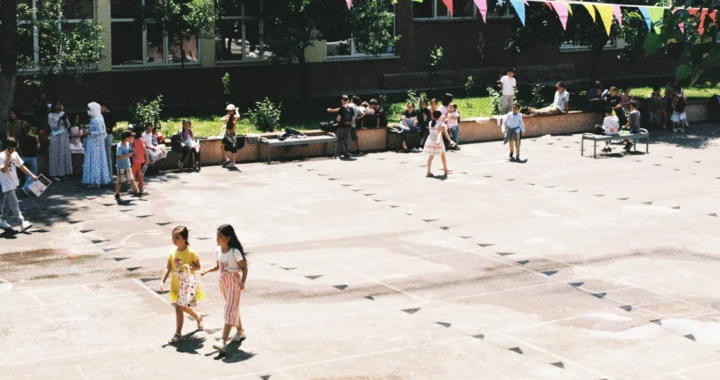 Improving Primary Education in Central Asia
Improving Primary Education in Central Asia